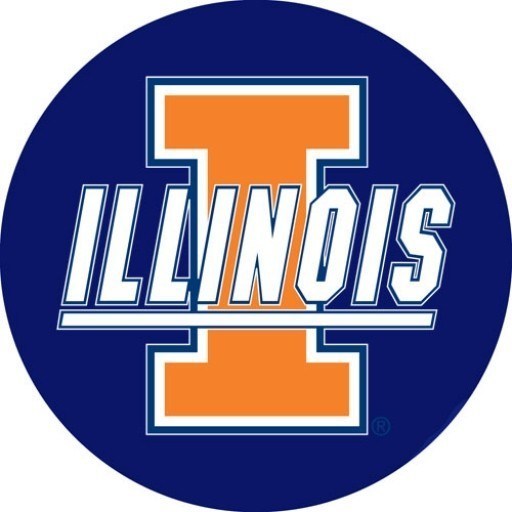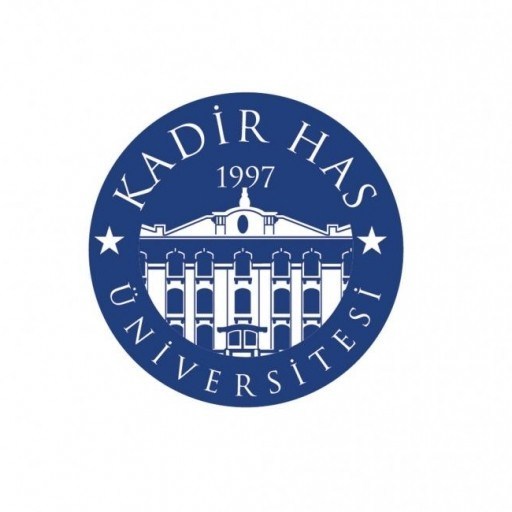Photos of university / #uni_duisburg_essen
The Bachelor of Science in Computer Engineering at the University of Duisburg-Essen offers a comprehensive and rigorous education designed to prepare students for the rapidly evolving field of information technology and computer systems. The programme combines fundamental engineering principles with advanced knowledge in computer hardware and software, fostering a deep understanding of how digital systems operate and how they can be optimized and innovated for various applications. Students in this programme gain a solid foundation in mathematics, programming, digital electronics, and computer architecture, enabling them to design, develop, and evaluate complex computing systems. The curriculum includes core courses in algorithms, data structures, operating systems, network technology, embedded systems, and cybersecurity, ensuring that graduates are well-equipped with the technical skills necessary for the industry. In addition to technical expertise, the programme emphasizes problem-solving, teamwork, and communication skills, which are essential for successful careers in the tech sector. Students have opportunities to participate in practical projects, internships, and research initiatives, fostering real-world experience and industry connections. The university's state-of-the-art laboratories and collaboration with industry partners provide students with hands-on training in modern technologies. Graduates of this programme are prepared for a diverse range of careers, including software development, systems engineering, hardware design, and roles in research and development. Furthermore, the programme offers pathways to postgraduate studies for students wishing to pursue specializations or academic careers. The curriculum is designed to meet the high standards of engineering education and to adapt to technological advancements, ensuring that students graduate with the skills and knowledge needed to thrive in a dynamic and competitive global market.
Educational organisation
For all Bachelor's degrees together, the basic principles of engineering and science will be taught on a broad basis in the first year of study. This includes courses from the disciplines of mechanical engineering, material science, electrical engineering, computer science, and natural science. The courses will impart the necessary knowledge in engineering and science as well as different methods and approaches.In the higher semesters, the students will be taught in the following modules in addition to the core subjects:
Projects: In the context of a project, the students will work on a complex topic in a group, applying scientific methods. At the end of the project, the students will write up their findings and present their results.
Electives: The electives will give the students the possibility of choosing and deepening their own specialisations within the degree.
Non-technical subjects: The aim of the non-technical course is to deepen the general education of the students, and if necessary, to increase their linguistic competence as well as to strengthen their ability to work in teams or to give a presentation.
During their Bachelor's studies, students will have to participate in an industrial internship in a company outside the university. This industrial internship will have to be completed before the registration for the Bachelor's thesis. The industrial internship will supplement the degree in such a way that the students gain some practical experience that will enrich their theoretical knowledge. This will help to deepen the understanding of the lectures and will facilitate project work. The duration of the industrial internship will be 15 weeks. Nine weeks of the industrial internship should be completed before studies.
The Bachelor's thesis concludes the scientific education in every Bachelor's degree course within the academic ISE programme (International Studies in Engineering). It is used to show that a student is capable of dealing with a problem from the corresponding field of engineering sciences autonomously, using scientific methods and presenting the topic comprehensibly. The duration for the work on the Bachelor's thesis is three months.
After completing the Bachelor's degree, students will be able to choose to continue with a Master's degree as a specialisation of their former field of studies or discipline, or change to a Master's degree programme in a different engineering subject and thus aim for a double qualification.
Study abroad unit(s)
It is obligatory for German students to stay abroad for a period of three to six months.During this time, the students can do the following:
- participate in lectures at a foreign university and earn credits by passing the respective examinations
- work on their final thesis
- do their industrial internship at a company to complete the obligatory professional practical training
Internships
An industrial internship in a company is compulsory for all Bachelor's students. The entire 15 weeks of the industrial internship have to be finished before starting the final thesis.Forms of assessment
According to the examination regulations, the type and duration of the examination will be defined by the lecturer before the semester starts. Therefore, an examination can be a written test with a duration of 60 to 120 minutes or an oral examination lasting 30 to 60 minutes. The language of the examination is the same as the language of the lecture.Course objectives
Those studying for the Computer Engineering BSc will learn the knowledge and skills necessary for becoming an IT engineer. At the same time, the course will prepare them for further study towards a Master's degree. Having studied the basic principles as well as the practical aspects of their subject, and having learned relevant working practices under engineering supervision, graduates will be in a position to make a valuable contribution to their chosen area right from the outset of their career.Graduates will:
1) master basic engineering and natural sciences principles and methods as well as the thought processes behind them in a broad and profound way;
2) master basic programming and algorithm principles with knowledge gained on major programming paradigms and limits of algorithmic implementations;
3) know major applications of computer science and develop new applications by implementing complex systems using principles of computer science;
4) command comprehensive knowledge regarding computer systems for use in communications systems and are able to develop systems integrating computer engineering and communication engineering;
5) be suitably qualified to choose one of the two specialisations as well as further electives, preparing them for either a practical engineering or an academic career and giving them the potential to develop further by independent use of life-long learning skills;
6) benefit from an enhanced overall education with increased confidence in German or English, and profit from enhanced employability and well-developed skills in teamwork and communication;
7) gain experience in their chosen profession and be in a position to critically assess technical information and professional practice as well as their interdependencies;
8) gain experience of applying scientific methods to deal independently with problems from their chosen area of engineering within a specific time frame, and be able to present issues clearly.
Language requirements
Applicants must be able to demonstrate German and English language skills corresponding to Level B1 of the Common European Framework of Reference for Languages (CEFR).At the start of the programme, students must undergo placement tests in order to determine their knowledge in both languages and be placed in the appropriate courses. Students with a language certification from a qualified institute are exempt from sitting the placement test.
During the course of the ISE Bachelor's programme, students must work towards a level B2 certification in both German and English. Students must reach a B2 proficiency level by the time they register for the final thesis. In some individual cases, language courses are a required part of the programme.
Academic requirements
The qualification for a BSc course of study is met by a general higher education entrance qualification ("Abitur"), a subject-restricted higher education entrance qualification ("Fachhochschulreife"), or a foreign equivalent.The evidence of a college preparatory educational background or qualification from a school with a special focus on mathematics is required.
Applicants are also required to have knowledge of German and English at least on the level of B1 achieved on the Common European Framework of Reference for Languages (CEFR).
Enrolment fees
All students are required to pay a social contribution of about 300 EUR per semester. The social contribution includes a semester ticket covering public transport in North Rhine-Westphalia, subsidised meals in the university canteen, and other services.Costs of living
We recommend budgeting between 750 and 900 EUR per month for personal expenses.Job opportunities
Students may be employed as student assistants at the institutes within the Department of Engineering as well as at affiliated research institutions. Companies in the region also offer similar jobs.Services and support for international students
The Support Center for (International) Engineering Students (SCIES) acts as a help desk for all study-related questions in the Department of Engineering. The mission of SCIES is to support all students at the Department of Engineering and to help them gain the most from their experience at the University of Duisburg-Essen. SCIES answers questions with regard to studies, helps in administrative matters, supports in finding accommodation, and is the first level of support for all of the students' questions.Accommodation
Accommodation is available through the Student Services Office or on the private market. Rent for a single room in a student residence is approx. 280 EUR.For more information, see: http://www.uni-due.de/scies/accommodation.shtml.





